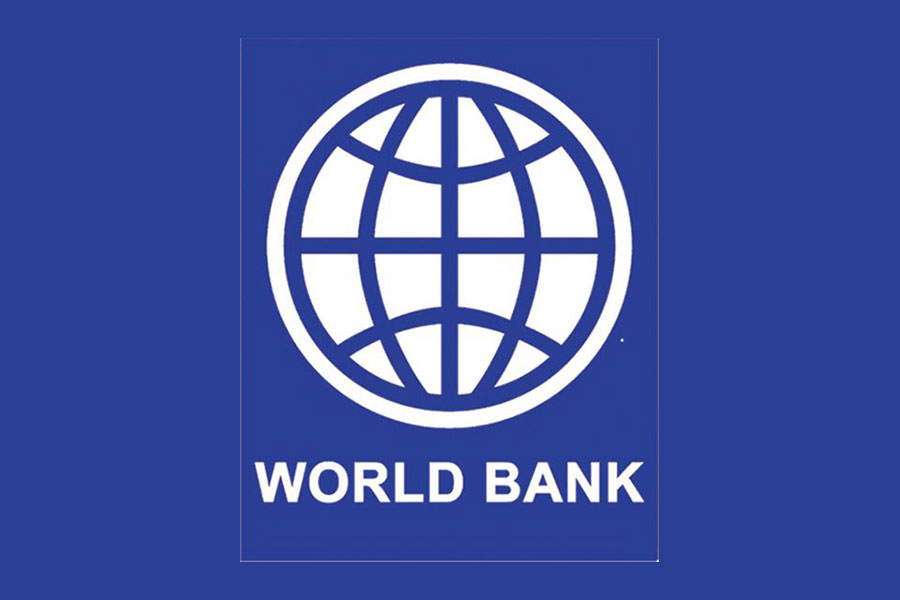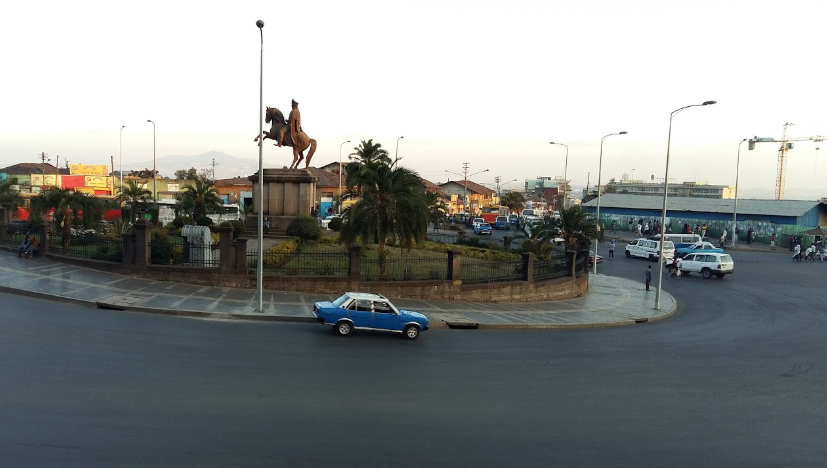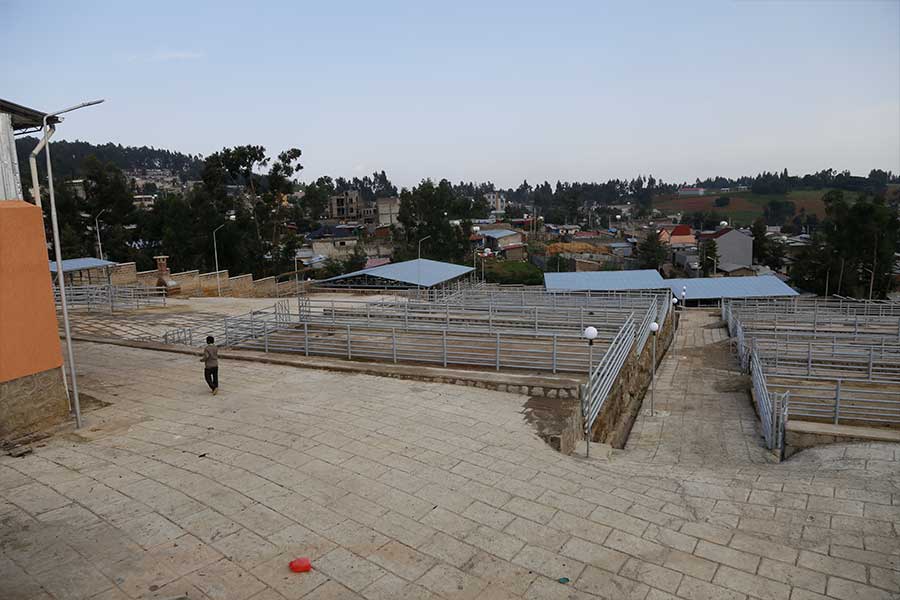
Radar | Jan 16,2021
Jan 18 , 2020
By MESAY BERHANU ( FORTUNE STAFF WRITER
)
An audit conducted on close to 2,000 projects extending four years revealed mismanagement of over 44 billion Br, according to a report tabled to the parliament.
Presented by the Office of the Auditor General to the Public Expenditure Administration & Control Affairs Standing Committee of the parliament on January 15, 2020, the report disclosed that the budget was mismanaged over the past four years. The audit was conducted on 1,962 public projects implemented by 98 budgetary public institutions.
Lack of proper feasibility studies in addition to over expenditures and allocations of additional budgets without following appropriate revision procedures of initial project plans were the major causes for the mismanagement, according to the report.
The audit covers projects between 2015/16 fiscal year and the first quarter of the 2018/19 financial year. It also sheds light on major inconsistencies in budget allocation by the Ministry of Finance and the implementation of projects by public institutions.
Failure of the Ministry to provide robust project implementation directives to the institutions, lack of coordination with the National Planning & Development Commission and the public institutions, and limited involvement of stakeholders in monitoring and assessing the implementation of public projects were also major gaps, according to the report.
About 290 projects were repeatedly revised, leading to the allocation of an additional 44.3 billion Br, which is more than 10pc of the initial budget of the projects. Among these projects, 18 of them were under the Ministry of Water & Irrigation and received an additional 32.1 billion Br, accounting for 72pc of the 44.3 billion Br in cost overruns.
The Ministry also allocated in excess of 3.1 billion Br on 54 projects, which was higher than the estimated cost of the initial projects, without following the proper procedures of revising the project plans for additional budget allocations. Even after the injection of the supplementary budget of 1.6 billion Br, 28 of the projects were not completed.
The report also revealed that 16 projects with a total capital budget of 246.6 million Br were carried out without a feasibility study, and later they were abandoned without being completed.
Among the 369 projects that were not completed within their given time frame, 75 projects were delayed between six months and one year; 208 projects, between one year and three years; 54 projects, between three to five years; and 32 projects, for more than five years.
The audit report also highlighted 280 projects that did not have clear financial and operational performance reports. The reports do not follow a standard reporting system and lack adequate and complete information, according to the report. Even after consuming excess budget, 109 projects showed poor performance.
Lack of proper feasibility studies before the allocation of the budget was a major reason for the mismanagement of public funds, according to Auditor General Gemechu Dubiso.
"Even the feasibility studies were not examined and approved by an independent body before allocation of budget for the projects," Gemechu said.
However, Teferi Demeke, budget director at the Ministry of Finance, argues that not all projects require a feasibility study. He also said that additional budget funds were allocated after revisions, which caused price variation.
Gemechu also pointed out that lack of adequate and complete designs; the absence of procedures for the proper evaluation and endorsement of the projects' designs by a relevant authority; and absence of standard engineering estimates for construction projects that could be used as a yardstick to check against price sabotage in bidding processes in these projects.
“Lack of proper monitoring and evaluation procedures and awarding projects to contractors without the required capacity were also identified in the audit report,” the Auditor General remarked, adding the need of having a system that screens out and blacklists contractors with poor performance, denying them the chance to participate in other public projects.
Teferi agrees that project designs should first be evaluated and approved by the Construction Works Regulatory Authority and argues that the Ministry itself cannot handle all monitoring and evaluation activities.
Payments are effected in line with the Integrated Budget & Expenditure System (IBEX) based on a certificate issued by project consultants upon the completion of the projects, according to Teferi.
"The system can help control expenditures and avoid cost overruns," he said.
Before implementation, any IT-related projects should get approval from the Ministry of Innovation & Technology, according to a new procedure the Ministry introduced.
Sintayehu Demissie, a chief sourcing and property officer at the Association for Chartered Certified Accountants (ACCA), questions the institutional capacity of the project implementing offices and the Ministry of Finance.
Sintayehu, who is also a lecturer at the Department of Accounting & Finance at Addis Abeba University, states the need to create an overarching agency to oversee and follow up on project implementation issues and challenges.
"The agency will also put in place a mechanism for the participation of all stakeholders in project appraisal and evaluation of the implementation of public projects," said Sintayehu.
PUBLISHED ON
Jan 18,2020 [ VOL
20 , NO
1029]

Radar | Jan 16,2021

Radar | Oct 16,2021

Radar | Jun 25,2022

My Opinion | Feb 16,2019

Radar | Nov 16,2024

Radar | Apr 25,2020

View From Arada | Dec 17,2022

Radar | Oct 19,2019

Fortune News | Jun 29,2019

Fortune News | Jul 13,2020

Dec 22 , 2024 . By TIZITA SHEWAFERAW
Charged with transforming colossal state-owned enterprises into modern and competitiv...

Aug 18 , 2024 . By AKSAH ITALO
Although predictable Yonas Zerihun's job in the ride-hailing service is not immune to...

Jul 28 , 2024 . By TIZITA SHEWAFERAW
Unhabitual, perhaps too many, Samuel Gebreyohannes, 38, used to occasionally enjoy a couple of beers at breakfast. However, he recently swit...

Jul 13 , 2024 . By AKSAH ITALO
Investors who rely on tractors, trucks, and field vehicles for commuting, transporting commodities, and f...

Oct 25 , 2025
The regulatory machinery is on overdrive. In only two years, no fewer than 35 new pro...

Oct 18 , 2025
The political establishment, notably the ruling party and its top brass, has become p...

Oct 11 , 2025
Ladislas Farago, a roving Associated Press (AP) correspondent, arrived in Ethiopia in...

Oct 4 , 2025
Eyob Tekalegn (PhD) had been in the Governor's chair for only weeks when, on Septembe...